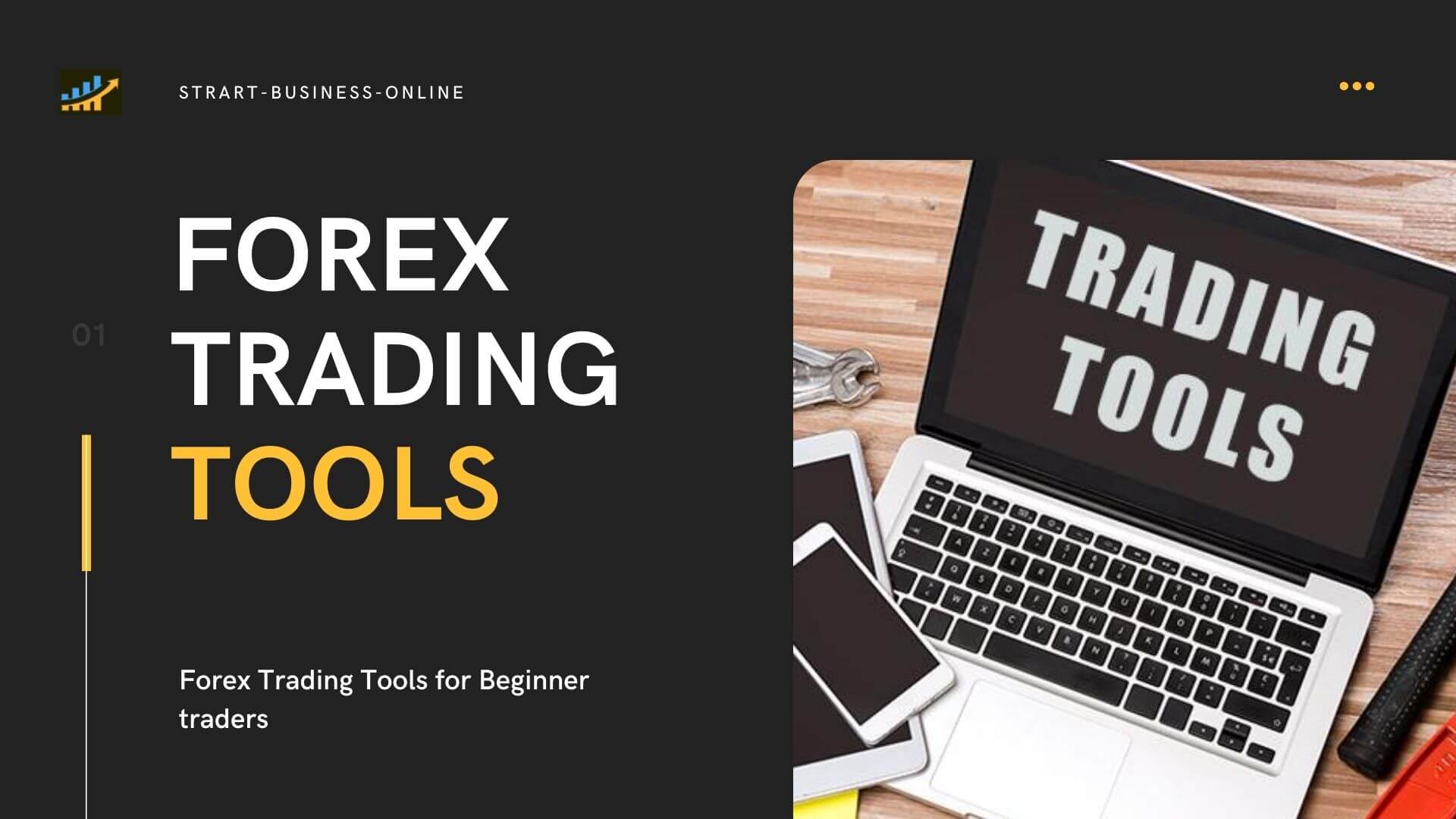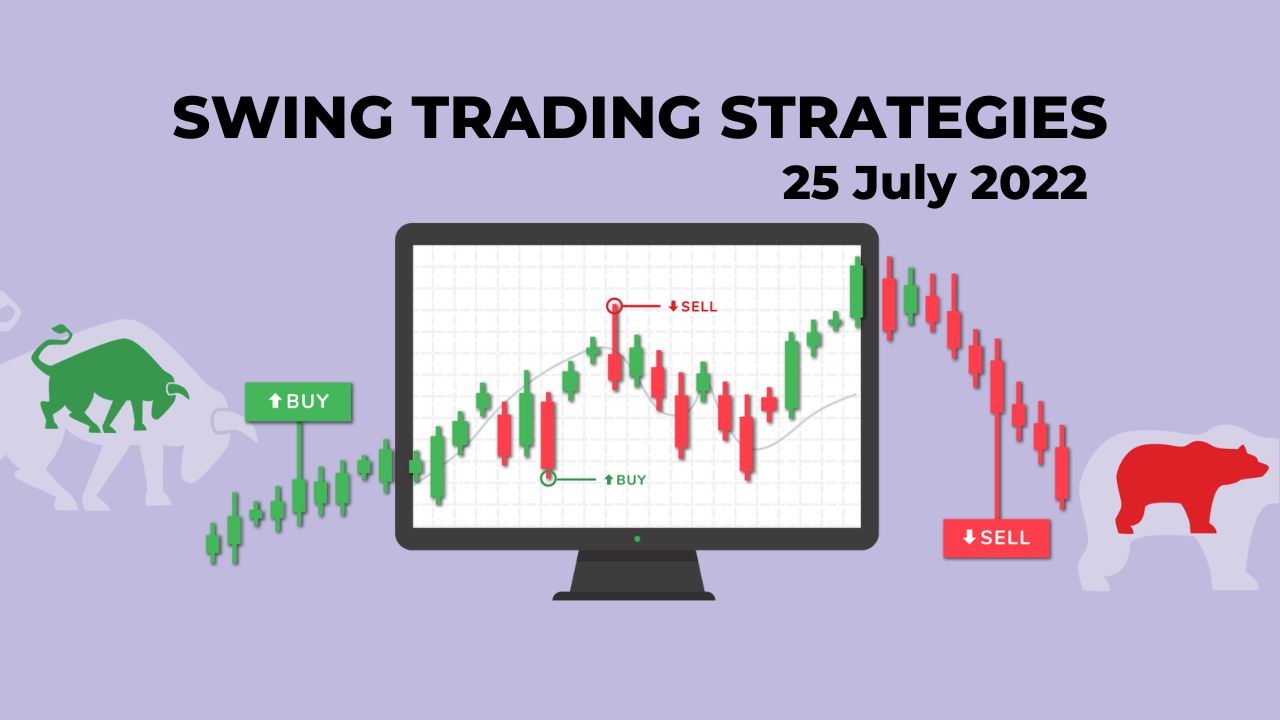
A futures expiry is the last day a derivative contract can be traded on an exchange. Seasonal expiries can be found in agricultural commodities, which are often based on the production schedules of their underlying asset. Oilseeds, grains, and other agricultural commodities, such as oilseeds, can have expiry dates that are based on harvest schedules and production schedules.
Futures contracts are standard instruments. Each contract is given a symbol (quantity), a settlement process, and an expiry day. An active trader needs to know when the contract expires in order to be able to execute their trading strategy. It is recommended that positions be closed at least two weeks before expiry. To ensure that your position does not become locked, it is a good idea for open positions to be closed.
The market for a commodity is generally thin in the months before the contract's expiry. Because many participants have already closed positions, this is why the market for a commodity is generally thin. This makes it easier to purchase and sell contracts. However, trading activity can be quite low in the final month.

As a result, most futures market participants are speculators, and they make money by changing the price of the commodity. But, moving a spot rate has a lower risk than changing a long-term commodity price. For instance, the spot price for crude oil went from $102.50/barrel in January to $103.50/barrel in February. However, this has not had a significant impact on long-term prices.
There are three types futures expiry date options. There are three types of futures expiry dates: monthly, seasonal, or quarterly. These dates specify the quantity, per-contract price, and price for a specific commodity. Although the futures market is mostly speculative in nature, a small number of participants actually deliver goods. Participants who deliver physical commodities are paid through physical or financial delivery.
There are two types settlements, in addition to the three types futures expiry dates. One is a cash settlement, which is done by delivering a physical product, such as a corn or oil future. A financial settlement involves selling or buying dollars. Both of these options require that participants adhere to the rules and regulations of the exchange.
Futures contract expiry is a time when the physical and futures markets are aligned. This means that if one of the parties has an advantage, then it is probable that the other side will also have an advantage. Also, this is called the short squeeze. It is important to take the correct futures position in order to mitigate price risk.

All open positions are closed when a futures contract expires. Trader's account balance will be adjusted to reflect realized losses and gains. Positions can also be closed at the current market rate. Sometimes, the trader will be able receive payment for a contract before its expiry. Sometimes, the contract remains locked until payment is received.
FAQ
Is stock a security that can be traded?
Stock is an investment vehicle where you can buy shares of companies to make money. This can be done through a brokerage firm that helps you buy stocks and bonds.
You can also directly invest in individual stocks, or mutual funds. In fact, there are more than 50,000 mutual fund options out there.
The main difference between these two methods is the way you make money. Direct investments are income earned from dividends paid to the company. Stock trading involves actually trading stocks and bonds in order for profits.
Both of these cases are a purchase of ownership in a business. But, you can become a shareholder by purchasing a portion of a company. This allows you to receive dividends according to how much the company makes.
With stock trading, you can either short-sell (borrow) a share of stock and hope its price drops below your cost, or you can go long-term and hold onto the shares hoping the value increases.
There are three types stock trades: put, call and exchange-traded funds. You can buy or sell stock at a specific price and within a certain time frame with call and put options. ETFs can be compared to mutual funds in that they do not own individual securities but instead track a set number of stocks.
Stock trading is very popular because investors can participate in the growth of a business without having to manage daily operations.
Stock trading is a complex business that requires planning and a lot of research. However, the rewards can be great if you do it right. You will need to know the basics of accounting, finance, and economics if you want to follow this career path.
What is the difference?
Brokers specialize in helping people and businesses sell and buy stocks and other securities. They manage all paperwork.
Financial advisors are specialists in personal finance. They are experts in helping clients plan for retirement, prepare and meet financial goals.
Financial advisors can be employed by banks, financial companies, and other institutions. Or they may work independently as fee-only professionals.
It is a good idea to take courses in marketing, accounting and finance if your goal is to make a career out of the financial services industry. Also, it is important to understand about the different types available in investment.
Why are marketable securities important?
The main purpose of an investment company is to provide investors with income from investments. It does this by investing its assets into various financial instruments like stocks, bonds, or other securities. These securities have certain characteristics which make them attractive to investors. They are considered safe because they are backed 100% by the issuer's faith and credit, they pay dividends or interest, offer growth potential, or they have tax advantages.
What security is considered "marketable" is the most important characteristic. This refers to how easily the security can be traded on the stock exchange. A broker charges a commission to purchase securities that are not marketable. Securities cannot be purchased and sold free of charge.
Marketable securities include corporate bonds and government bonds, preferred stocks and common stocks, convertible debts, unit trusts and real estate investment trusts. Money market funds and exchange-traded money are also available.
These securities are a source of higher profits for investment companies than shares or equities.
What are some advantages of owning stocks?
Stocks can be more volatile than bonds. When a company goes bankrupt, the value of its shares will fall dramatically.
If a company grows, the share price will go up.
Companies often issue new stock to raise capital. Investors can then purchase more shares of the company.
To borrow money, companies use debt financing. This allows them to borrow money cheaply, which allows them more growth.
People will purchase a product that is good if it's a quality product. Stock prices rise with increased demand.
As long as the company continues to produce products that people want, then the stock price should continue to increase.
What is a Mutual Fund?
Mutual funds are pools or money that is invested in securities. Mutual funds offer diversification and allow for all types investments to be represented. This reduces the risk.
Professional managers are responsible for managing mutual funds. They also make sure that the fund's investments are made correctly. Some mutual funds allow investors to manage their portfolios.
Mutual funds are often preferred over individual stocks as they are easier to comprehend and less risky.
How Share Prices Are Set?
Investors who seek a return for their investments set the share price. They want to earn money for the company. They purchase shares at a specific price. Investors will earn more if the share prices rise. If the share price goes down, the investor will lose money.
An investor's primary goal is to make money. This is why they invest in companies. This allows them to make a lot of money.
Statistics
- Individuals with very limited financial experience are either terrified by horror stories of average investors losing 50% of their portfolio value or are beguiled by "hot tips" that bear the promise of huge rewards but seldom pay off. (investopedia.com)
- Our focus on Main Street investors reflects the fact that American households own $38 trillion worth of equities, more than 59 percent of the U.S. equity market either directly or indirectly through mutual funds, retirement accounts, and other investments. (sec.gov)
- For instance, an individual or entity that owns 100,000 shares of a company with one million outstanding shares would have a 10% ownership stake. (investopedia.com)
- Ratchet down that 10% if you don't yet have a healthy emergency fund and 10% to 15% of your income funneled into a retirement savings account. (nerdwallet.com)
External Links
How To
How to Invest Online in Stock Market
Stock investing is one way to make money on the stock market. There are many methods to invest in stocks. These include mutual funds or exchange-traded fund (ETFs), hedge money, and others. The best investment strategy depends on your investment goals, risk tolerance, personal investment style, overall market knowledge, and financial goals.
To become successful in the stock market, you must first understand how the market works. This involves understanding the various types of investments, their risks, and the potential rewards. Once you know what you want out of your investment portfolio, then you can start looking at which type of investment would work best for you.
There are three main types of investments: equity and fixed income. Equity is ownership shares in companies. Fixed income is debt instruments like bonds or treasury bills. Alternatives include things like commodities, currencies, real estate, private equity, and venture capital. Each option comes with its own pros and con, so you'll have to decide which one works best for you.
Once you have determined the type and amount of investment you are looking for, there are two basic strategies you can choose from. The first strategy is "buy and hold," where you purchase some security but you don't have to sell it until you are either retired or dead. Diversification refers to buying multiple securities from different categories. You could diversify by buying 10% each of Apple and Microsoft or General Motors. Multiple investments give you more exposure in different areas of the economy. This helps you to avoid losses in one industry because you still have something in another.
Risk management is another key aspect when selecting an investment. Risk management can help you control volatility in your portfolio. A low-risk fund would be the best option for you if you only want to take on a 1 percent risk. You could, however, choose a higher risk fund if you are willing to take on a 5% chance.
Learn how to manage money to be a successful investor. Managing your money means having a plan for where you want to go financially in the future. Your short-term, medium-term, and long-term goals should all be covered in a good plan. That plan must be followed! Don't get distracted with market fluctuations. You will watch your wealth grow if your plan is followed.